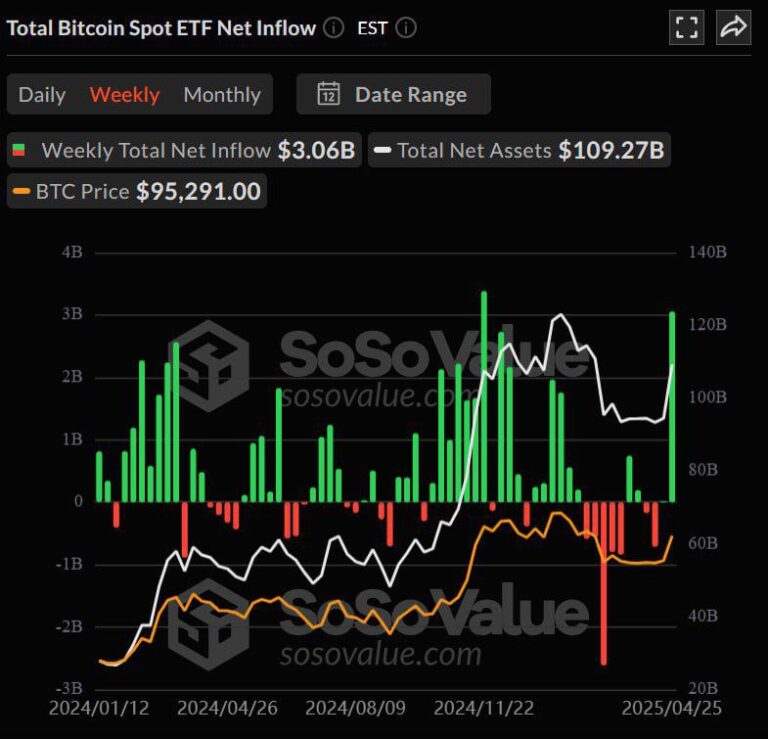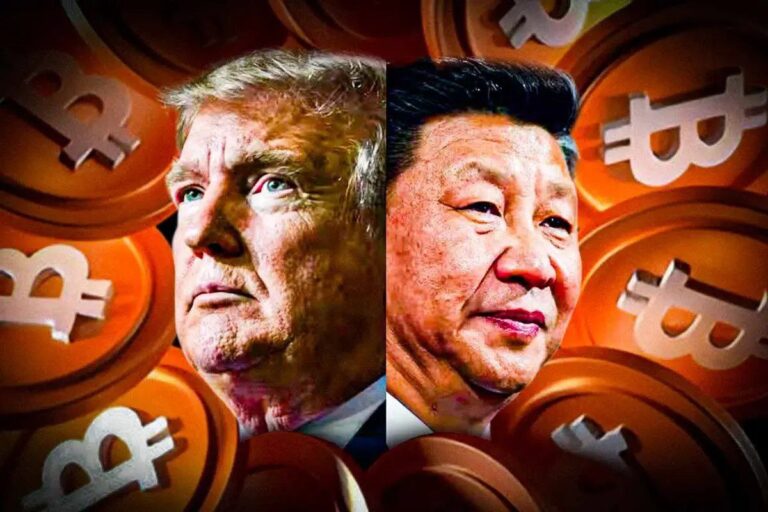Introduction
In a bold move to regulate its booming cryptocurrency market, South Korea has blocked 14 crypto exchanges from the Apple Store as of April 11, 2025. The Financial Services Commission (FSC) announced this crackdown, targeting platforms operating as unregistered overseas virtual asset operators. This action marks a significant escalation in the country’s efforts to enforce compliance and protect users from financial risks.

The Crackdown Details
The FSC, in coordination with the Financial Intelligence Unit (FIU), identified these 14 exchanges, including prominent names like KuCoin and MEXC, as non-compliant with South Korea’s strict registration requirements. Under the country’s laws, all virtual asset service providers (VASPs)—whether domestic or foreign—must register with the FIU to operate legally. Foreign exchanges offering services in Korean, targeting local users, or facilitating transactions in Korean won are required to comply, and failure to do so is treated as a criminal offense. The blocked apps can no longer be downloaded or updated, signaling a clear message to the crypto industry.
This follows a similar move on March 26, when Google Play restricted 17 unregistered exchanges, including some of the same platforms. The FSC has flagged a total of 22 unregistered operators, with enforcement actions now extending to Apple’s ecosystem. The FIU has vowed to continue blocking both apps and websites of non-compliant operators to curb money laundering and safeguard consumers.
Why This Matters
South Korea’s crypto market is nearing a “saturation point,” with over 16 million users—more than 30% of the population—as of March 31, 2025. Industry experts predict this could rise to 20 million by year-end. The rapid adoption, coupled with high-profile cases like the recent raid on Bithumb for alleged fund misuse, has prompted regulators to tighten controls. With over 20% of public officials holding digital assets worth nearly $9.8 million, the government is keen to mitigate risks associated with unregulated platforms, such as hacking and fraud.
Implications for the Crypto Community
This crackdown sends a strong signal to overseas exchanges: compliance with local laws is non-negotiable. Users are urged to verify the registration status of platforms via the FIU’s public list, which currently includes 28 approved VASPs. Non-compliant exchanges face penalties, including up to five years in prison or fines of 50 million won (about $35,200). For investors, this means a shift toward licensed platforms like Upbit and Bithumb, potentially consolidating market dominance among local players.
Looking Ahead
The FIU’s ongoing collaboration with tech giants like Apple and Google suggests a broader strategy to regulate the digital asset space. As South Korea balances its crypto boom with financial stability, this could set a precedent for other nations. However, the effectiveness of these measures depends on enforcement consistency and user awareness. For now, the crypto community in South Korea faces a pivotal moment of adaptation to a more regulated landscape.
Disclaimer: This is not financial or legal advice. Always conduct your own research and consult professionals before making investment decisions.







